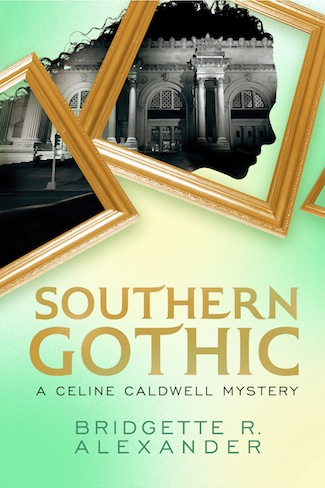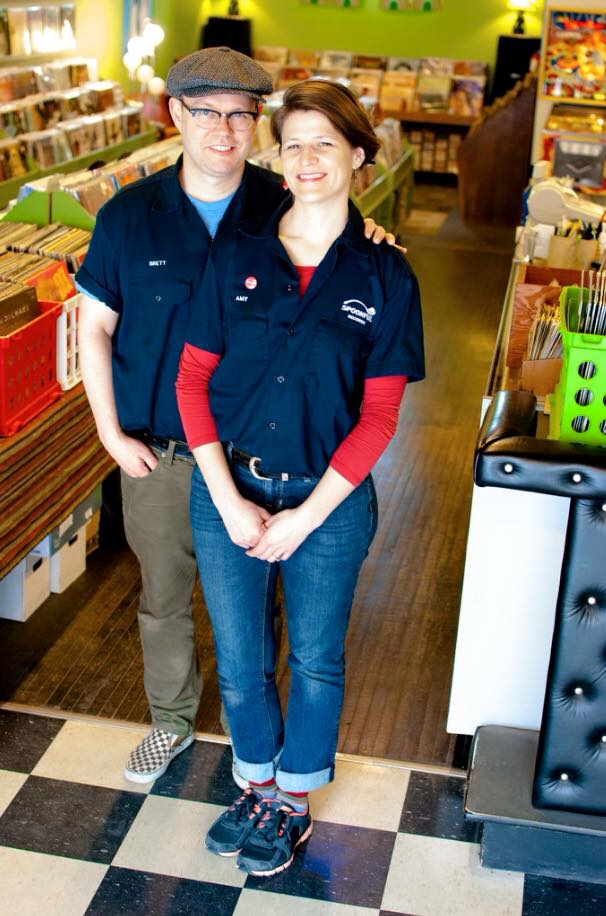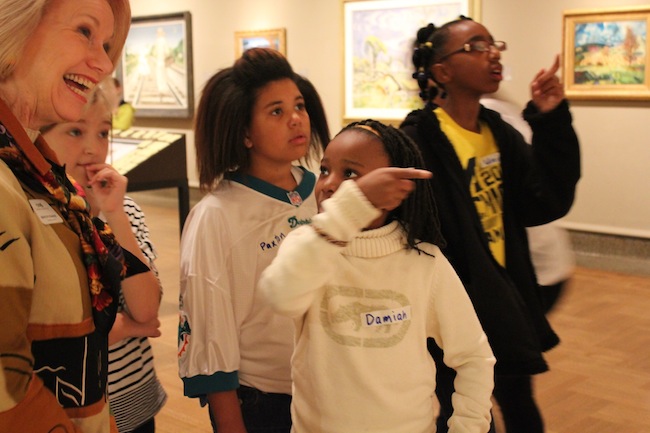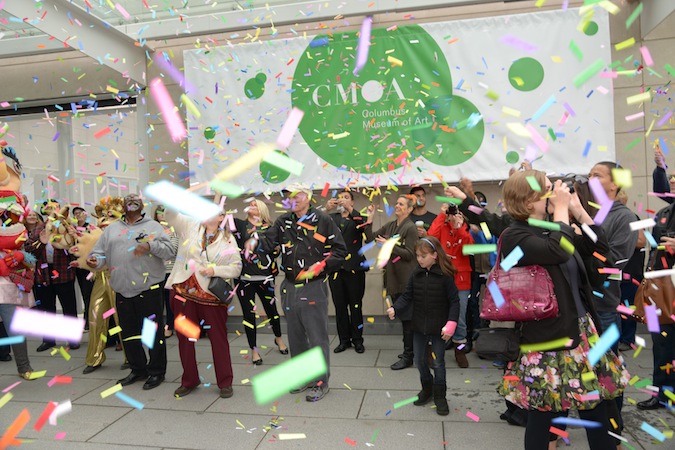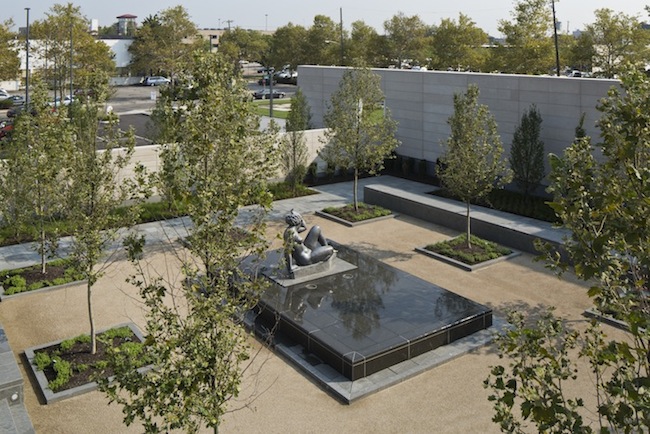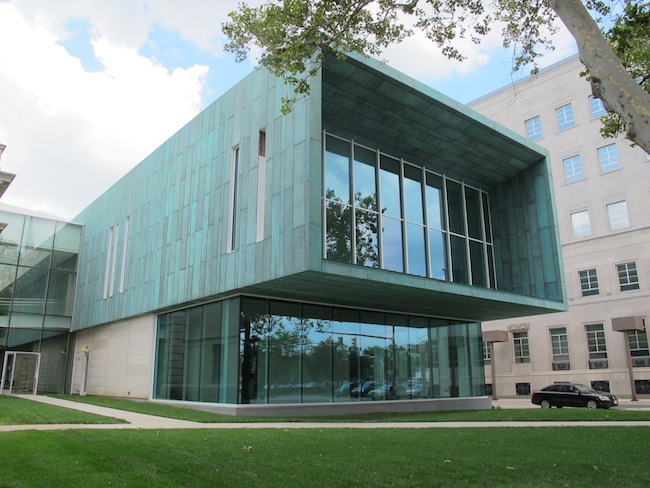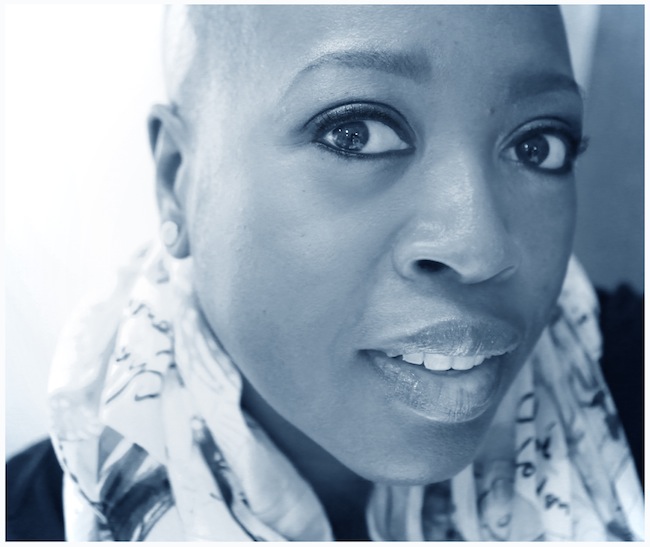
Art Historian Bridgette R. Alexander recently debuted her first young adult mystery novel Southern Gothic, which tells the story of 16-year-old Celine Caldwell as she uncovers mystery, theft, intrigue, murder, and blackmail at the Metropolitan Museum of Art.
We chatted with Alexander in advance of her appearance next week at the Bexley Library.
You spent a large part of your career working in the art world. When did you first become interested in art? And what inspired you to start writing?
My great-grandfather was a visual artist. My grandmother showed me one of his works and asked me to draw it. I was about eight years old and I made a good reproduction of a pencil drawing. My grandmother felt I had a gift passed down from her father to me. That inspired her and my grandfather to support my art education and submissions to juried competitions through my high school years. I did well enough to keep myself motivated during that time. I attended, Whitney M. Young Magnet High School in Chicago, which was a school for performing arts.
Later I entered college hoping to become an archeologist, but my art history courses at Columbia University convinced me that you can study history, culture, society and politics as a part of studying art. I also learned that you could make a good living and a contribution to society by writing about art in books and journals.
Talk a little about how popular culture has influenced your creative decisions.
As a scholar and art historian I pay very little attention to popular culture. With that said, as a novelist and everyday person, I am very much aware of popular culture: TV, movies, books, videos, tastes and styles that are editorialized in magazines, newspapers and blogs. However, I am also aware of what demographics, subjects and interests are not as prominently represented in popular culture. That’s where Celine Caldwell comes in. With her I get to connect art history with the culture and the lifestyle of contemporary teenager. Celine is defined by downloading, streaming, listening, interacting through all of the platforms of popular culture.
Allow me to go back to what’s left out of our popular culture. Teenagers never get to imagine themselves as agents. I mean, capable of changing the world around them, as engaged and interested in things outside of themselves. Celine never leaves popular culture, but in fact she actively uses the tropes of popular culture to work through the challenges she’s facing.
Your book discusses issues, such as racism. How do you think art contributes to the understanding of history?
“Racism” is a bit of an abstract way to say it. One part of Southern Gothic discusses injustices against a black family during the bad days in the South when racial Jim Crow laws were being passed to keep black people out of public life and control their lives as much as possible…and a lot was possible. For me, what makes it racism, is not the bigot who murders and steals, but the institutions that have been set up to allow the bigot to act out. The institutions uphold the hateful and terrorist acts of the bigot, making it impossible for justice to be given.
The Klan was terrorizing black people and some white people too. The black family in Southern Gothic became landowning farmers, which was the case for about 10 percent of formerly enslaved people in some southern states; and this factional family lost its land to Klan thieves. The subplot of Southern Gothic brings this family to life, I hope, using a diary format and these paintings of them and their land. These figures are actually in a contemporary art mystery set at the Metropolitan Museum of Art and New York City.
Why do you think it is important for teenagers to learn about art, and how do you hope the Celine Caldwell series will inspire them?
Teenagers do not need to learn about art, but when they do….. But it is important for teenagers to see that there are exciting possibilities in life…possibilities for passionate engagements, for relationships, for careers, and for hobbies. Learning about art and the art works is a great way to be exposed to new possibilities.
Alexander will discuss Southern Gothic at the Bexley Library Thursday July 14 from 7:00 PM – 8:30 PM.
